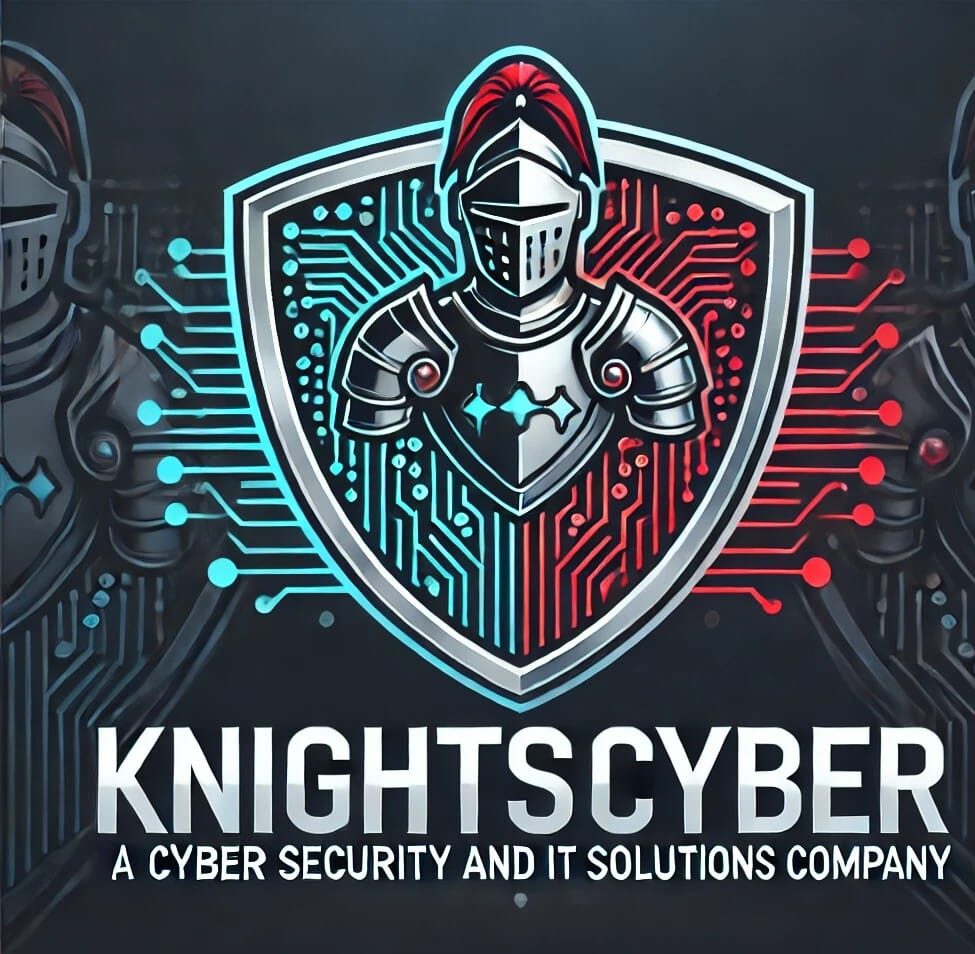Agentic AI’s Impact on Cybersecurity and the Modern Workforce Transformation
CyberSecurity
Agentic AI’s Impact on Cybersecurity and the Modern Workforce Transformation
In the rapidly advancing technological landscape, the emergence of agentic AI and hyper-automation is revolutionizing how we approach cybersecurity and the broader aspect of workforce transformation. This shift not only enhances security measures but also fundamentally alters the dynamics of the modern workplace. As organizations strive to keep pace with these innovations, understanding the implications of these technologies becomes crucial for sustained growth and security.
Understanding Agentic AI and Hyper-Automation
Agentic AI refers to artificial intelligence systems endowed with autonomy, capable of making independent decisions without human intervention. These systems are designed to learn and adapt to dynamic environments, which is crucial in the ever-evolving cyber threat landscape. On the other hand, hyper-automation involves the integration of multiple advanced technologies, such as AI, machine learning, and robotic process automation, to streamline and automate complex processes across industries.
When combined, agentic AI and hyper-automation offer unprecedented potential for enhancing security measures and operational efficiency. This convergence is fostering a new era where intelligent machines can manage vast amounts of data, predict threats, and counteract cyberattacks with minimal human oversight.
The Role of Agentic AI in Cybersecurity
Enhancing Threat Detection and Response
The ability of agentic AI to autonomously analyze vast datasets and identify anomalies is transforming cybersecurity strategies.
- Real-time Threat Monitoring: With agentic AI, organizations gain the ability to monitor their networks in real-time, detecting potential threats before they escalate.
- Predictive Analytics: AI-powered predictive models can forecast potential vulnerabilities, allowing for proactive countermeasures.
- Automated Incident Response: Agentic AI can autonomously respond to security breaches, implementing defensive measures without waiting for human authorization.
Reducing Human Error and Enhancing Accuracy
One significant advantage of employing agentic AI in cybersecurity is the reduction of human error. Manual processes are inherently prone to mistakes, which can result in serious security breaches. AI systems are designed to operate with precision and consistency, significantly minimizing the risk of error.
- AI-driven systems do not suffer from fatigue or oversight, ensuring continuous and accurate operation.
- Automation reduces the dependency on human intervention, thus minimizing the potential for human-induced errors.
Impact on the Modern Workforce
Redefining Job Roles and Skills
The integration of agentic AI and hyper-automation is reshaping job roles within organizations. As machines take over routine tasks, human employees can focus on more strategic and creative roles that require critical thinking and emotional intelligence.
- Shift towards Higher-Value Tasks: Employees are freed from repetitive tasks, enabling them to engage in more meaningful work that adds value to the organization.
- Emphasis on Upskilling: As technology advances, there is a growing demand for upskilling and reskilling to ensure the workforce remains relevant and adaptable.
Creating New Opportunities
While automation might raise concerns about job displacement, it also creates new opportunities.
- Emergence of New Roles: The rise of agentic AI has led to the creation of new job roles centered around AI management, data analysis, and cybersecurity strategy.
- Increased Demand for Tech Skills: Organizations are increasingly seeking professionals with expertise in AI, cybersecurity, and data science, leading to new career paths and opportunities.
Challenges and Considerations
Ethical and Regulatory Challenges
While the benefits of agentic AI and hyper-automation in cybersecurity are evident, they also introduce ethical and regulatory challenges that must be addressed.
- Data Privacy Concerns: Autonomous systems need access to large datasets, raising concerns about data privacy and protection.
- Bias and Fairness: Ensuring that AI systems operate without bias and treat all data and individuals fairly is crucial.
Balancing Automation and Human Oversight
Despite their capabilities, AI systems are not infallible. Maintaining a balance between automation and human oversight is essential to ensure the systems function as intended and to mitigate potential risks.
- Human operators are necessary to validate and interpret AI recommendations, ensuring they align with organizational goals.
- Continuous monitoring of AI performance can help identify and rectify any anomalies or biases in the system.
Conclusion
The rise of agentic AI and hyper-automation marks a significant transformation in cybersecurity and workforce dynamics. As these technologies continue to evolve, they will play an increasingly critical role in enhancing security protocols and redefining work environments. Organizations that proactively embrace these advancements while addressing the associated challenges will position themselves at the forefront of innovation and sustainability in the digital age.
As we move forward, fostering an environment of continuous learning, ethical considerations, and strategic implementation will be key to harnessing the full potential of agentic AI and hyper-automation. The future of cybersecurity and work lies in the harmonious integration of human ingenuity with machine intelligence.
